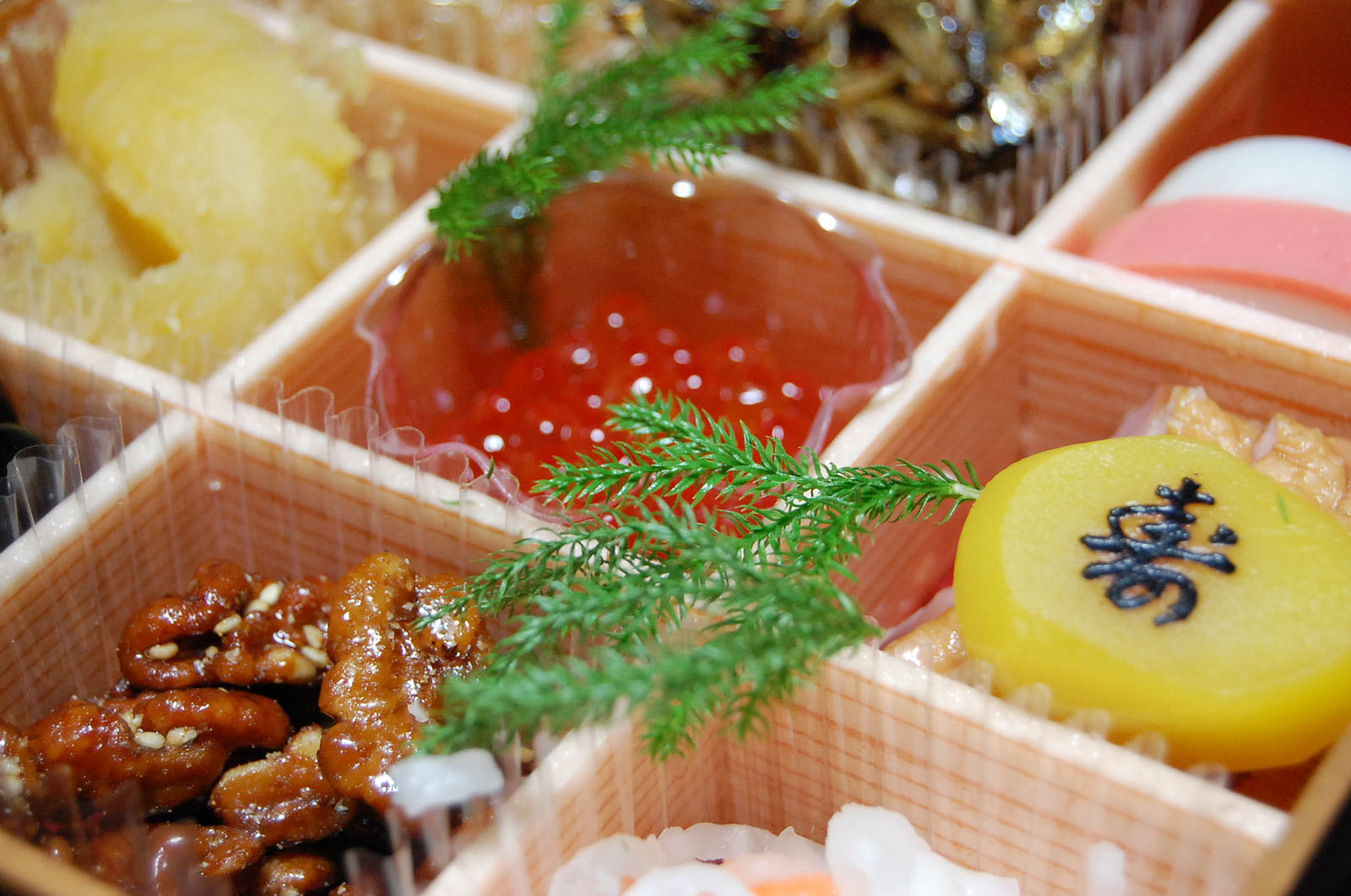Shōgatsu (正月, New Year) is the time when most Japanese carry out certain religious rituals, though many of them may not realize what they do has religious significance.
The ancient Japanese believed that toshigami-sama (年神様, year god) visited them in the shōgatsu period and pretty much every ritual they did in shōgatsu, such as nenmatsu no ōsōji (年末の大掃除, yearend cleanup) and making osechi ryōri (お節料理, a special variety of foods eaten during the New Year period), was about welcoming toshigami to their houses to bring them happiness.
The cleanup and making osechi food prior to Dec. 31 also have a practical reason that housewives do not want to work during sanganichi (三が日, Jan. 1 to 3) when every family member is at home on holiday.



















With your current subscription plan you can comment on stories. However, before writing your first comment, please create a display name in the Profile section of your subscriber account page.